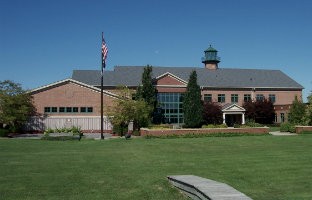Prayer in the town hall: Is it constitutional?

Amid all the intricate legal arguments about the interplay of church and state in this country, one constitutional guideline is clear: government may not endorse, prescribe or coerce prayer. Voluntary prayer may take place in a public school or town hall, but governmental entities can’t do the praying. If they do, they are “establishing” a religion in violation of the First Amendment.
Adhering to that guideline, the U.S. Supreme Court should find it easy to side with the plaintiffs in Town of Greece v. Galloway. For more than a decade, the town board in Greece, New York, has opened meetings with prayers from an invited local minister, who is sometimes referred to as “the chaplain of the month.” For nine years every prayer was led by a Christian. Then two town residents—one a Jew, the other an atheist—objected and filed a lawsuit.
The plaintiffs noted that residents who attend meetings to conduct business could not avoid sitting through the Christian prayers. In order to be involved in their town government, the two complained, citizens were forced to be part of a particular religious act. In response to the complaint—and in hopes of bolstering the constitutional basis for the prayers—the town board began to include non-Christians among the praying clergy.





